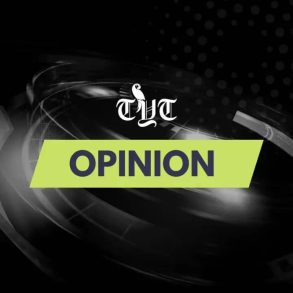The Lagos State Ministry of Health has organised a mental health capacity-building training session for no fewer than 314 primary health care staff including doctors, nurses, community health officers, community health extension workers, and social workers drawn from Primary Health Centres across the state.
The participants were trained to recognise and manage common mental disorders such as depression, anxiety, drug abuse, psychosis and stress as well as deal with psychiatric emergencies such as attempted self-harm and other forms of severe mental distress, according to a statement on Monday.
The training which was carried out under the Mental Health in Primary Care project of the Lagos State Government is geared towards integrating mental health services into the Lagos State Primary Health Care System as a transformative approach that addresses the holistic well-being of citizens.
Speaking at the closing ceremony of the 5-day batched training exercise which was held recently, the Permanent Secretary, Lagos State Ministry of Health, Dr Olusegun Ogboye, explained that the integration of mental health services in primary healthcare centres stood as a pivotal stride towards addressing the comprehensive healthcare needs of individuals.
He added that the approach acknowledged that physical and mental health were intertwined, stressing that providing holistic health care entails recognising and addressing mental health concerns within the community setting.
Ogboye stated that the benefits of the MeHPriC project encompassed early identification of mental health concerns, timely intervention, improved patient outcomes and reduced stigma surrounding mental health issues.
He noted that the sustainability and expansion of integrated health services at the primary care level holds the potential to creating a profound impact on communities by offering accessible, effective and empathetic care to all individuals.
Speaking in the same vein, the Coordinator, Special Project and Lagos State Ministry of Health Desk Officer, Dr Tolu Ajomale, explained that the mental health training for health workers at the primary health care level was fashioned along the World Health Organisation Mental Health Gap Action Programme Intervention Guide with focus on identification and management of depression, anxiety, epilepsy and substance abuse.






